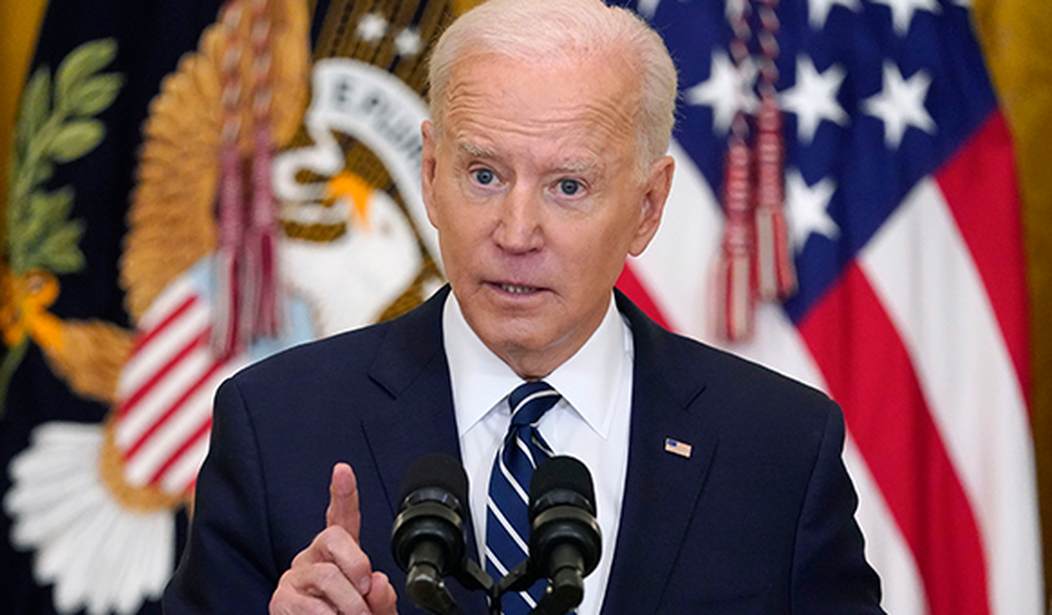Alaska seemed to be the perfect spot for the first bilateral talks between senior U.S. and Chinese officials. The halfway point between China and the continental United States symbolized a desire for results. Unfortunately, the talks took on the character of Alaska’s weather: cold. It is clear that the United States and China need to better understand one another’s interests – especially vital interests – in order to cooperate and compete, while avoiding a disastrous military conflict.
Values
The United States and China do not agree on core values, ranging from human rights to concepts of democracy. Of course, the United States should stand up for what it believes, not only with statements, but more importantly, by implementing these values at home. And Secretary of State Antony Blinken is right in saying that we are ever working toward “a more perfect union” – although we may disagree on what that means or looks like. But the United States should not seek to advance value-based and human rights issues at the expense of American security and economic interests. In Anchorage, Blinken and National Security Advisor Jake Sullivan appeared far more interested in these than security and economic issues.
China, too, should understand that the United States will always address values in diplomacy. The emphasis may vary, but America will express its fundamental beliefs. In Alaska, China appeared to overreact – not to mention speaking far longer than the agreed protocol – to Blinken and Sullivan’s value statements. While theChinese sidemay have been playing to a domestic audience, it did not lead to a constructive U.S. response. Instead of discussing areas of potential cooperation and competition, the public conversation remained focused on the conflict of values. A milder Chinese defense would likely go farther in creating productive discussions in the future.
Sovereignty
In line with the values discussion, the United Statesseemed to prioritizeXinjiang, Hong Kong, Tibet, and Taiwan, over the more directly-related U.S. interests of cybersecurity, trade and economics, and traditional security. To be clear, what is going on in Xinjiang, Tibet, and Hong Kong is extremely unfortunate, and a military conflict over Taiwan would be devastating. But these are all redlines for China, which they reiterated during their recenttwo sessions.
Recommended
National sovereignty, especially over territory, is a touchy issue with China and fraught with history and ideology. The United States can issue as many sanctions on individuals and organizations for human rights abuses and other violations in Xinjiang, Tibet, and Hong Kong as it wants, but it is unlikely to change the situations in these regions. Not to mention, China is resolved to eventually conclude the reunification issue. The survival of the Chinese Communist Party depends on it. Washington should not embolden Beijing or Taipei with actions, such as moving from “strategic ambiguity” to “strategic clarity”, that could lead to conventional military conflict – let alone a possiblenuclear confrontation.
Mutual Interests Minimized
A greater focus on mutual economic and security interests could have led to a less confrontational public discussion. While Secretary Blinken raised cybersecurity and economic coercion as important issues, little was made of them. NSA Sullivan briefly underscored economic coercion and raised military coercion, but the topics disappeared from public discussions on the U.S.-side. Global health did not appear to be a major emphasis in the private sessions.
To their credit, the Biden Administration officials did raise climate and nonproliferation issues during theprivate sessions, noting a convergence of views. They also discussed cybersecurity and trade issues in-depth, both of which matter a great deal to American businesses, workers, and national security. These issues should receive greater focus in the future.
Unsurprisingly, Director Yang Jiechi and State CouncilorWang Yisought an understanding on trade. Yet, Beijing should realize that it has a great deal of trust building to do on trade issues. Additionally, China could have proactively offered more than it did onglobal health issues, especially pandemic prevention, and should endeavor to do better in the future. A candid discussion here would be major improvement in the U.S.-China relationship.
Intent
Perhaps the overarching problem influencing the talks was each side’s intent. By publicly implying that it was speaking for its allies and partners around the world, the United States, appeared to convey that it saw the talks as an instrument to reassert its global hegemony. And while theunnamed U.S. officialwas correct in that the Chinese officials were likely grandstanding for a domestic audience, the Biden Administration also seemed to be using the public talks to mitigate criticism and demonstrate that it is “tough on China”. The Administration effectively admitted as much. Washington should intelligently confront Beijing on issues of disagreement, but confrontation should not be an end in itself – for either side.
The U.S.-China relationship is the most important bilateral relationship in the world. Washington must get its approach to Beijing right to secure its legitimate security and economic interests, as well as effectively navigate global issues like nuclear nonproliferation and climate change. Both sides cannot afford to grandstand. If the style of the Alaska talks becomes the norm in the Sino-American relationship, it will be increasingly difficult to cooperate when beneficial and prevent competition from transforming into conflict.
Quinn Marschik most recently served in the Trump Administration as the policy advisor to the Deputy Undersecretary for International Affairs at the U.S. Department of Labor. He was also a geopolitical risk consultant and the assistant director at the Center for the National Interest. Quinn is a Young Leader with Pacific Forum and a former Constitutional Fellow at the Catholic University of America's Center for the Study of Statesmanship and a George C. Marshall Fellow at The Heritage Foundation.

























Join the conversation as a VIP Member